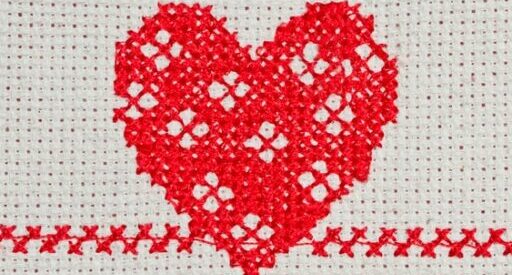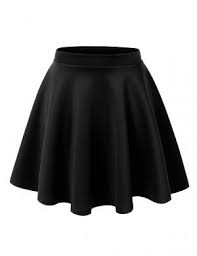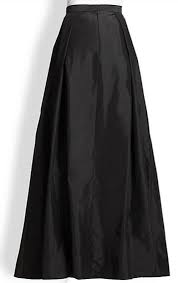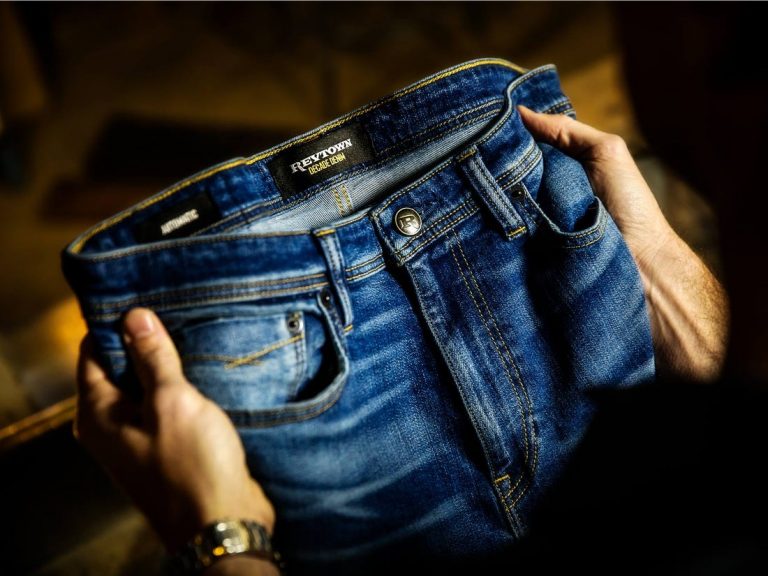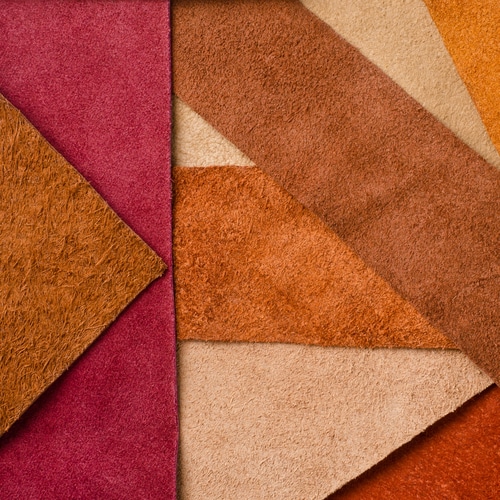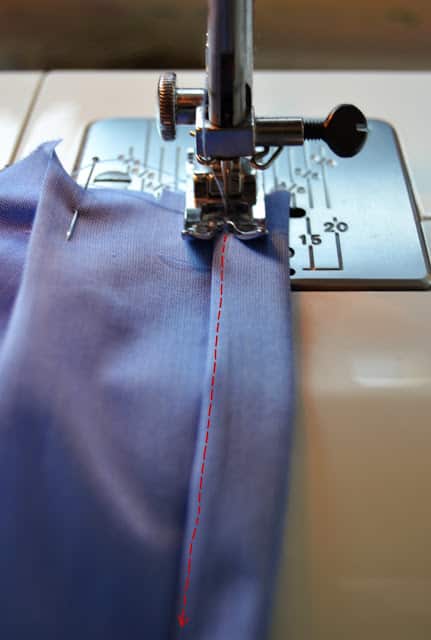5 Best Fabric for Plushies
| Fabric for Plushies | Description | Key Features | Care Instructions |
|---|---|---|---|
| Shannon Luxe Cuddle | Minky fabric that looks a lot like fur because it has a 10mm pile. Great for toys, apparel, blankets, home décor accents, etc. | – 100% polyester – Very heavyweight – Over 200 color options | Machine wash, tumble dry with cold air only |
| Fleece Solids | Versatile fabric associated with coziness. Can be used for plushies, blankets, apparel items, pillows, etc. | – 100% polyester – Medium to heavy weight – Budget friendly – Over 20 color options | Machine wash on gentle and tumble dry on low heat |
| Stretch Velvet | Velvet fabric with nice sheen. Can be used for apparel items, apparel accessories, home décor, etc. | – 80% polyester and 20% Lycra spandex – Medium weight – 10% four-way stretch – Nearly 40 color options | Hand wash in cold water with mild soap, or dry clean |
| Fancy Wool Cashmere Blend Silver Grey | Wool blend great for firmer plushies. Can be used for apparel items, pillows, blankets, etc. | – 70% wool, 20% nylon, 10% cashmere – Heavyweight fabric – Soft and supple | Dry clean only |
Fabric for Plushies Buying Guide
- Customization: Making your own plushies allows for a higher degree of customization.
- Cost Savings: Making your own plushies can be more cost-effective than buying store-bought ones.
Table of Contents
Best Fabric for Plushies
Here are our fabric for plushies reviews
1. Shannon Luxe Cuddle
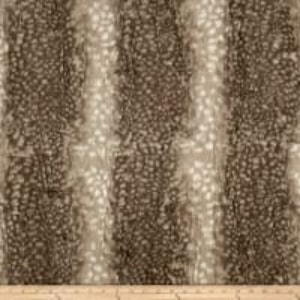
Minky can be a great fabric for making plushies. Minky comes in many different patterns, colors, and forms. This minky actually looks a lot like fur because it has a 10mm pile. It is soft, silky, plush, and has an embossed surface. While the fabric is perfect for making toys like plushies, it is also great for many other projects including apparel, blankets, home décor accents, and more.
- Machine wash, tumble dry with cold air only
- This line comes in over two hundred different colors to choose from
- Fabric is 100% polyester and is very heavyweight
2. Fleece Solids
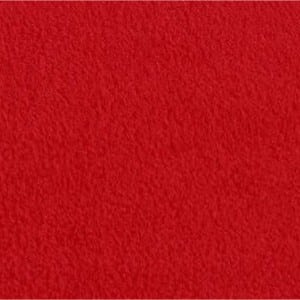
Fleece fabric is a versatile fabric that can be used for many different projects, including plushies. While fleece doesn’t have that faux fur look, it is soft and is generally associated with coziness. It is a versatile fabric that has many uses. Fleece can be used to make plushies, but it can also be used to make blankets, apparel items, pillows, and much more.
- Machine wash on gentle and tumble dry on low heat
- This line of fabric is budget friendly and comes in over twenty different colors
- Fabric is 100% polyester and is medium to heavy weight
3. Stretch Velvet
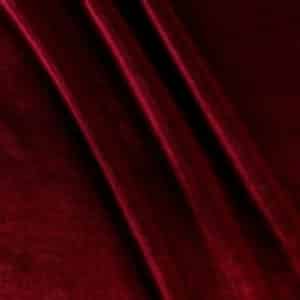
It might seem a little bit out there to use velvet for plushies, but with the right pattern and design, it can be a great choice. This velvet fabric comes in nearly forty different colors, and can be used for nearly endless possibilities. It can be used for apparel items, apparel accessories, home décor, and more. This fabric has a nice sheen. The base is knit and the face side is soft velvet.
- Fabric has 10% four-way stretch
- This medium weight fabric is a blend of 80% polyester and 20% Lycra spandex
- Hand wash in cold water with mild soap, or dry clean
4. Fancy Wool Cashmere Blend Silver Grey
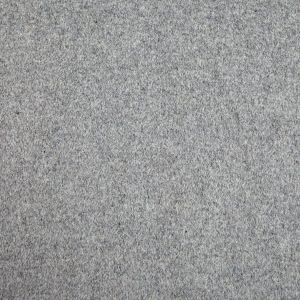
Wool and wool blends can be a great fabric to use for making plushies. Wool is generally quite soft, but it also is great to work with because it really holds its shape. Wool tends to be compressed or tightly woven, so it makes for firmer plushies, which make great toys or great décor items. The fabric is very versatile and can also be used for many different apparel items, as well as pillows, blankets, and more.
- This heavyweight fabric is a blend of 70% wool, 20% nylon, and 10% cashmere
- Even though the fabric is heavyweight, it is still very soft and supple
- Dry clean only
5. Stoffabric Denmark Avalana Velour Corduroy Knit
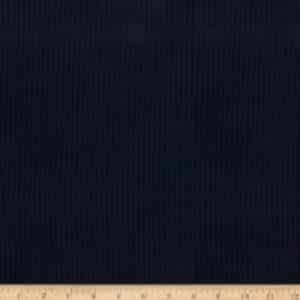
Corduroy might not immediately come to mind for making plushies either, but for the right plushie, it can be the perfect fabric. This velour fabric comes in five different colors and features a tongue and groove pattern. The fabric is super soft and very versatile. It can be used for many different apparel items as well.
- This lightweight fabric is a blend of 80% cotton and 20% polyester
- This fabric features 40% four-way stretch
- Machine wash in cold water, tumble dry on low heat
Fabric for Plushies Buying Guide
When it comes to making plushies, the fabric you choose is limited basically just to your imagination and the kind of plushie you would like to make. There are so many different plushies out there, in so many different styles, that just about any fabric could work. Fabrics that resemble faux fur or soft hair are a popular choice, but fabrics like corduroy, muslin, cotton, or wool for making different styles of plushies (that might actually not be toys, but could be home décor accents), can also be used. Even for plushies that are intended to be used as toys, many different fabrics can be used.
Customization
Making your own plushies makes for a higher degree of customization. Not only do you get to pick the pattern (or make your own), you get to pick your fabric, accents, and notions for features like eyes and noses. Making your own plushie can require time and patience and it isn’t usually a project that can be finished in an hour, but it is quite rewarding and beholding your own custom creation is always fun.
Cost Savings
Making your own plushies can save money. Even if you purchase a more expensive fabric, like minky or some wools, you might still save money on buying store bought plushies, depending on the design, size, and style of your project. Some plushies are actually used for home décor and these can be more expensive when purchased from stores, but even toy plushies can sometimes be quite pricey. Not only can you potentially save money, buying all your own materials lets you truly create something unique.
Recommended Reading:
